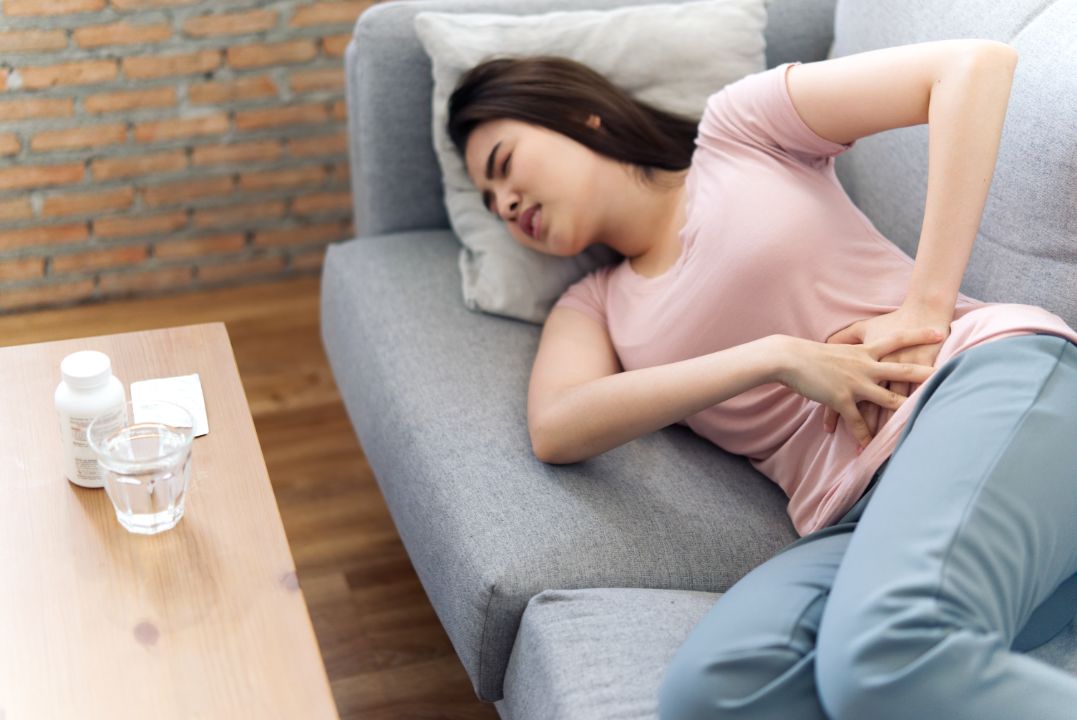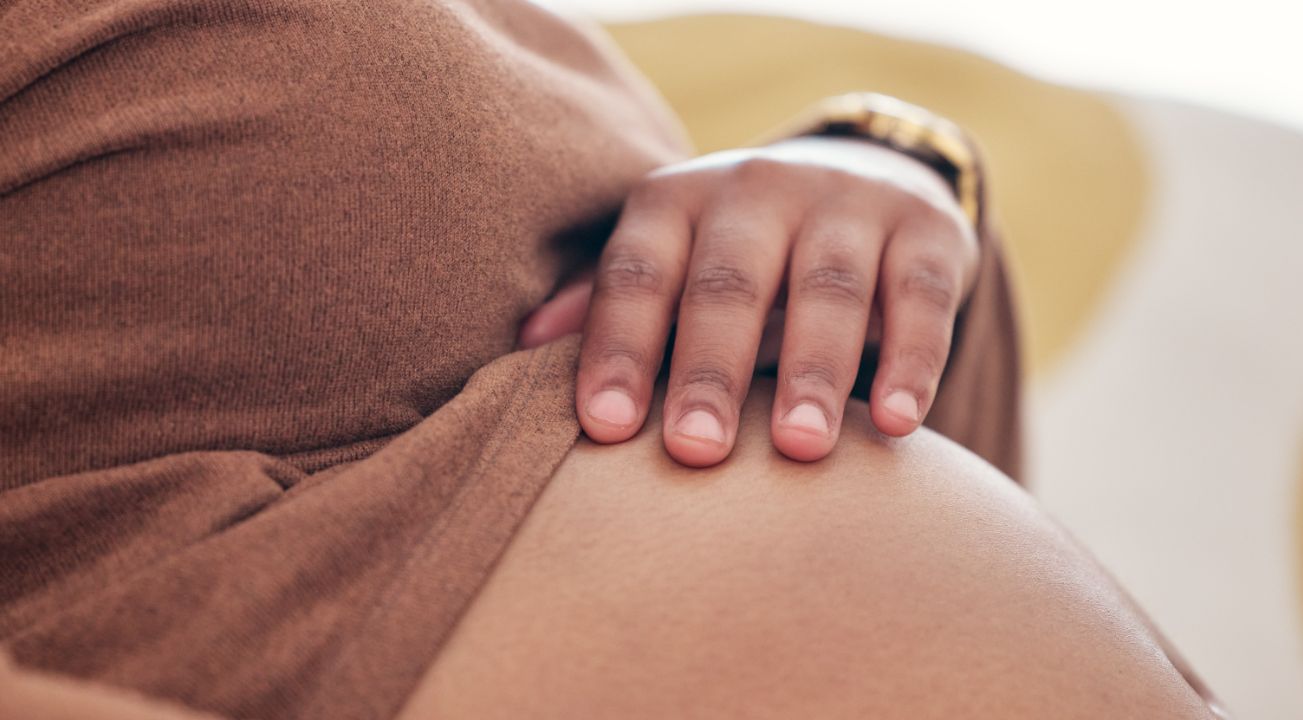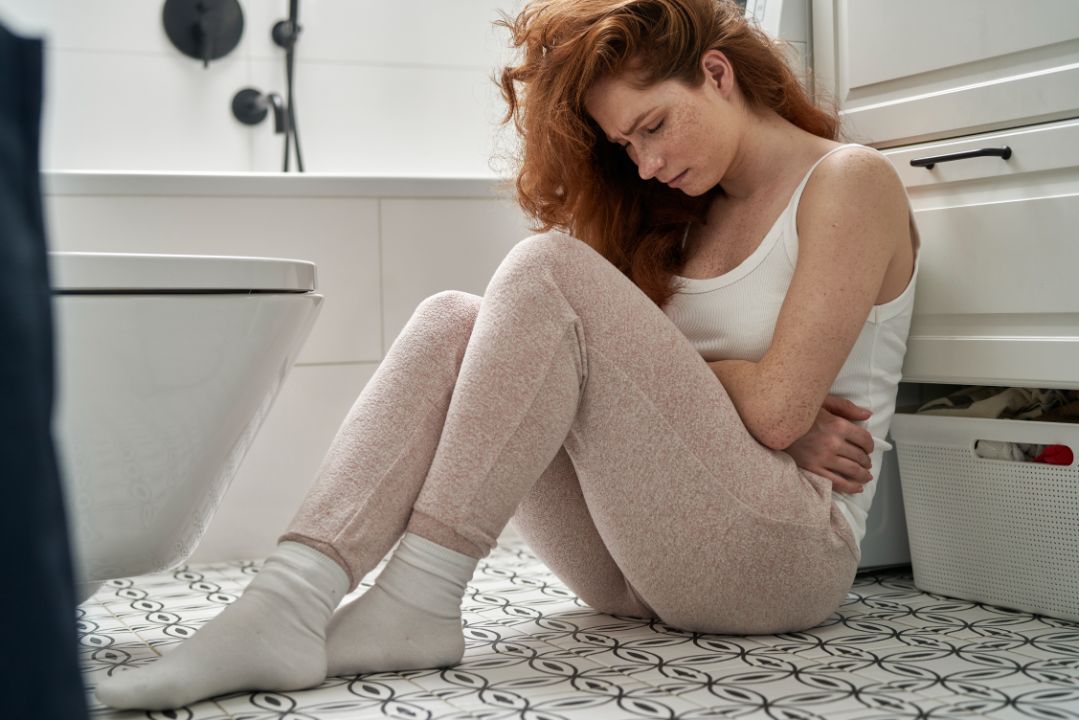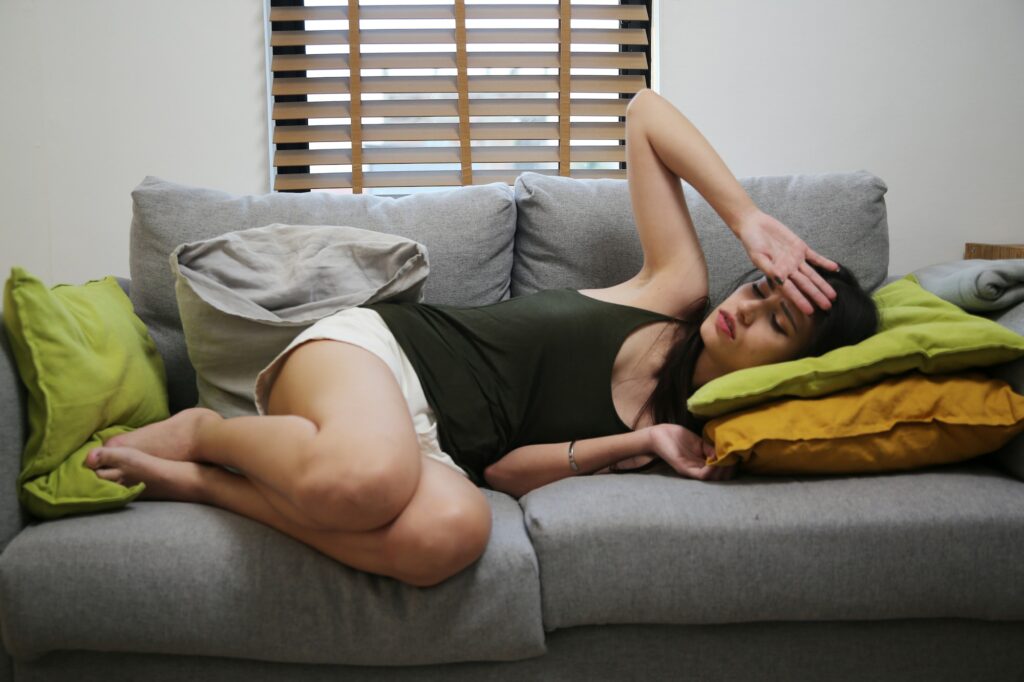Constipation is a common digestive issue faced by many women. It is characterised by infrequent bowel movements, difficulty passing stools, and a feeling of incomplete evacuation. Some of the common symptoms of constipation in women include abdominal discomfort, bloating, and straining during bowel movements.
The causes of constipation in women can be numerous. Hormonal changes during pregnancy and menopause can affect bowel regularity, while pelvic floor dysfunction can lead to incomplete bowel movements. Dietary factors, such as a lack of fibre and inadequate water intake, can also contribute to constipation.
Fortunately, there are several remedies and relief measures that women can adopt to manage constipation. Adequate fibre and water intake, regular exercise, and the use of safe laxatives and enemas can all help prevent and relieve constipation. If constipation persists or becomes chronic, it is important to consult a healthcare professional for proper diagnosis and treatment.

Constipation in women is a common issue faced by many ladies. There are numerous factors that can contribute to the development of constipation in females. Understanding the underlying causes can help women prevent, manage, and treat constipation more effectively.
Chronic constipation is defined as experiencing symptoms for more than 12 weeks. Women are more prone to chronic constipation due to various factors:
There are several natural remedies that women can adopt to prevent and manage constipation:
Hormonal changes can also contribute to constipation in women:
Several medications can cause constipation as a side effect:

Constipation in women is a common issue during pregnancy due to various reasons:
Pelvic floor dysfunction refers to a range of conditions that affect the muscles and tissues that support the pelvic organs:
IBS is a common digestive disorder that can cause constipation:
Dietary factors can also play a role in the development of constipation in women:
Dehydration can contribute to constipation in women:
Constipation can have a significant impact on a woman’s overall health and wellbeing, with various conditions often developing as a result of prolonged constipation. Understanding the link between constipation and these conditions is crucial for effective prevention and management.
Research has shown that chronic constipation can increase a woman’s risk of developing pelvic organ prolapse – a condition where the pelvic organs, including the uterus, bladder, and rectum, protrude into the vaginal wall. Straining during bowel movements, a common symptom of chronic constipation, can weaken the pelvic floor muscles, contributing to this condition.

Women who suffer from chronic constipation may also experience menstrual disorders, such as irregular periods and painful cramps. This is due to the hormonal changes that occur during menstruation, which can exacerbate the symptoms of constipation.
Endometriosis is a common condition that affects many women, and constipation is one of the symptoms that can arise as a result. Endometriosis is characterized by the growth of uterine tissue outside of the uterus, and this tissue can adhere to the bowels, leading to constipation and other digestive issues.
During pregnancy, the body produces higher levels of the hormone progesterone, which can cause the muscles in the digestive tract to relax. This can slow down the digestive process, leading to constipation. It’s estimated that up to 40% of pregnant women experience constipation at some point during their pregnancy.
After giving birth, many women experience constipation as a result of the trauma that their body has undergone. This can be exacerbated by pain medication, which can slow down the digestive process. It’s important for women to take steps to prevent and manage constipation during this time, such as increasing their fibre intake and staying hydrated.
Women who undergo hormone replacement therapy (HRT) may experience constipation as a side effect of the treatment. HRT can disrupt the normal balance of hormones in the body, leading to changes in bowel regularity. Women who are undergoing HRT should speak to their healthcare provider about strategies for preventing and managing constipation.
Research has shown that prolonged constipation in women can increase the risk of developing colorectal cancer. This is due to the increased exposure of the colon to potentially harmful toxins that can accumulate in the digestive tract over time. Women who suffer from chronic constipation should speak to their healthcare provider about their risk of colorectal cancer and ways to manage their symptoms.

Overall, constipation can have a significant impact on a woman’s health, from pelvic floor prolapse to menstrual disorders and even colorectal cancer. Understanding the link between constipation and these conditions is crucial for effective prevention and management. Women who suffer from chronic constipation should speak to their healthcare provider about their symptoms and the best course of action to take.
Constipation is a common problem faced by women of different ages due to various factors including pregnancy, hormonal changes, and medication side effects. Fortunately, there are several measures women can adopt to prevent constipation and promote bowel regularity.
A diet rich in fiber is essential for maintaining healthy bowel movements. Women should aim to consume at least 25 grams of fibre per day from various sources such as fruits, vegetables, whole grains, and legumes. Adding a fibre supplement to the diet may also help.
Drinking plenty of water is important for preventing constipation. Women should aim to drink at least eight cups of water per day. Consuming other fluids such as fruit juices or herbal teas also count towards the daily fluid intake.
Physical activity can help boost bowel movements in women by promoting healthy muscle contractions and improving digestion. Women should aim to engage in at least 30 minutes of moderate exercise such as walking, cycling, or swimming per day.
Laxative use should be a last resort for constipation relief. Overusing them can lead to dependency and worsen constipation. Laxatives should be used under a doctor’s supervision and only as directed.
Enemas are a more aggressive option for relieving constipation. They should only be used as a last resort and under medical supervision. Overuse of enemas can lead to bowel dependency and long-term damage to the colon.

By adopting these measures, women can prevent constipation and promote healthy bowel movements. However, in cases of chronic constipation or underlying medical conditions, women should seek medical advice for appropriate treatment options.
Constipation can cause significant discomfort and inconvenience to women, but fortunately, there are several effective treatment options available. Here are some of the common remedies and relief measures that women can adopt to address constipation:
Increasing dietary fiber intake is a common strategy for preventing and treating constipation. Women should aim to consume at least 25 grams of fiber per day. Fiber-rich foods include whole grains, fruits, vegetables, and legumes. It is also important to drink plenty of water to help soften the stool and make bowel movements easier.
There are several over-the-counter medications available for treating constipation, including stool softeners, laxatives, and enemas. However, it is important to use these medications in moderation and as directed by a healthcare professional to avoid side effects such as dehydration, electrolyte imbalances, and dependence.

For women with chronic constipation, prescription medications such as lubiprostone and linaclotide may be recommended by a healthcare professional. These medications work by increasing fluid secretion in the intestines and promoting bowel movements.
Complications such as abdominal bloating, pain, and hemorrhoids can arise from chronic constipation. Treatment options for these conditions may include stool softeners, topical creams, and surgical interventions such as hemorrhoidectomy.
Regular exercise and physical activity can help promote bowel regularity and prevent constipation. Women should aim to engage in at least 30 minutes of moderate-intensity exercise on most days of the week. Additionally, managing stress and avoiding certain medications that can cause constipation can also be beneficial.
Overall, treating constipation in women requires a multifaceted approach that addresses the underlying causes and associated complications. It is important for women to consult with a healthcare professional to develop an individualised treatment plan that meets their needs.
While prevention is key when it comes to constipation in women, sometimes it cannot be avoided. Fortunately, there are many options available for relieving and treating constipation.